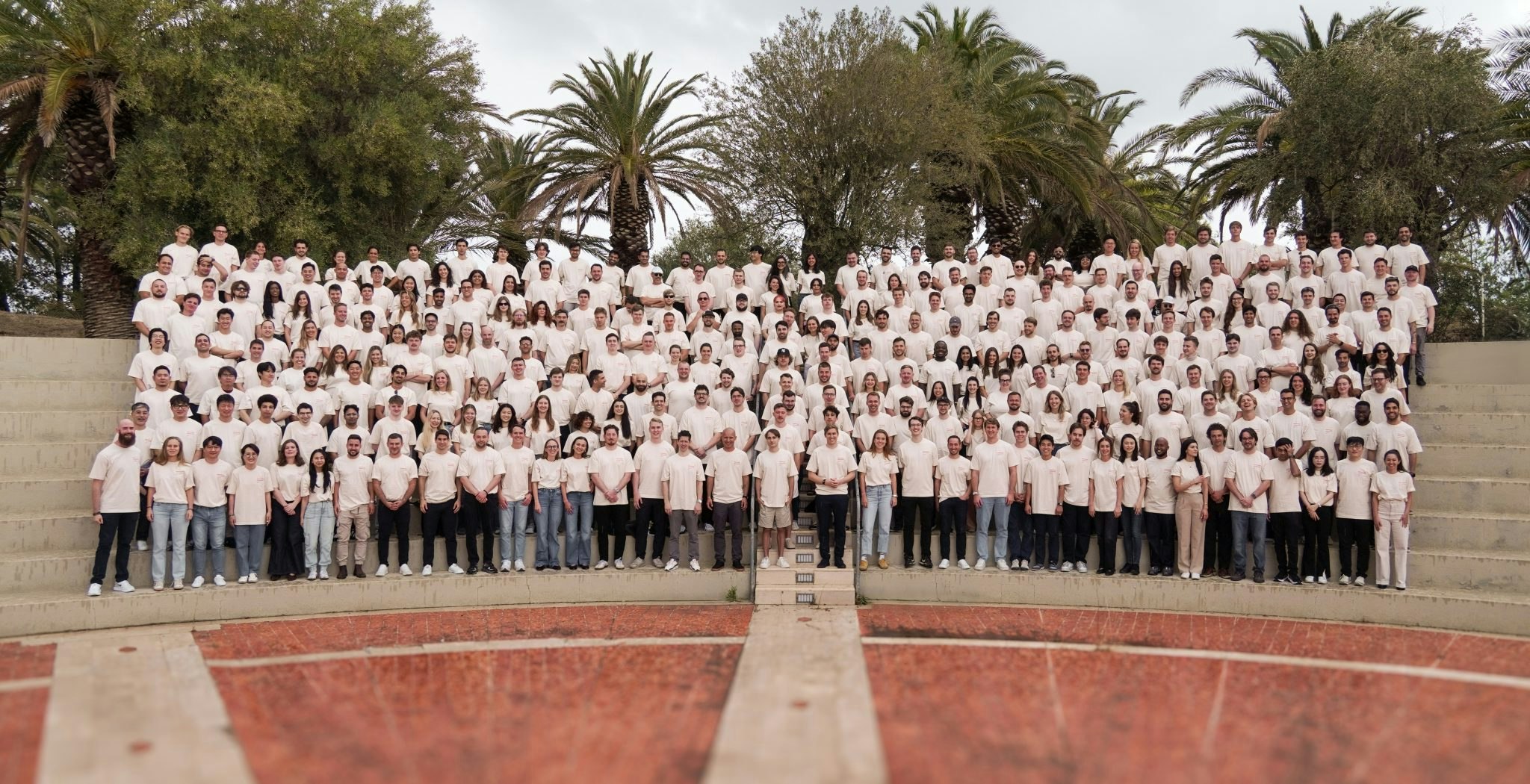The first week of 2023 wasn't over when 23 employees of edtech Brainly, a golden child of the Polish ecosystem, found out they'd have to look for another job; the company announced layoffs across teams in Poland, Spain and the US.
Late last year Brainly also fired almost all of its employees in its Indian office — 25 people in total. That means headcount at Brainly, which has secured investment from renowned international VCs such as General Catalyst and Point Nine, has been slashed by 10% in recent months.
It was a jarring start to the year after the massive wave of layoffs globally in tech in 2022 — and a reminder that job cuts are likely to be a feature of 2023 as well. Some talent specialists say that startups that raised capital at high valuations in the glory days of 2021 will likely have to cut staff as they find it harder to raise this year.
More than 150k tech workers lost their jobs globally last year, according to layoffs tracker layoffs.fyi. So far this year, the website has already recorded 37k job cuts.
Magdalena Oehl, cofounder of TalentRocket, a jobs marketplace for legal careers, says it’s hard to predict whether 2023 will be another big year for layoffs given the macroeconomic trends involved — such as war in Ukraine, whether Europe and the US will end up in a recession, energy markets and how VC's dry powder will be spent — and their “partially delayed impact to markets".
“As an unprofitable company fuelled by venture capital, to make fast growth possible and focus on profitability later on you don't have too many options to prepare for the future or, more bluntly, survive,” says Oehl.
“The faster startups are able to adapt and find other ways than cost cutting to prolong their runway, the faster layoffs will slow down.”
So far so bad
Jakub Piwnik, Brainly’s communication director, says that the latest layoffs resulted from the fact that the company “reduced the focus on initiatives that are not in our long-term strategy and plans for 2023."
“One of our priorities was to make sure that these changes affected as few people as possible, which is why some of our employees were transferred to new teams and tasks. Unfortunately, this was not possible for everyone,” he adds. As for the job cuts in India, he says they were linked to ending the startup’s paid subscription in the country.
While earlier-stage startups may have fared better so far than scaleups — since they did not raise huge rounds at high valuations in 2021 or aggressively grow their headcounts — they’re not entirely immune to market changes.
In Europe, apart from Brainly, jobs have also been cut this month by Aiven, an open-source cloud data management platform and Paddle, a payments, tax and subscriptions solution for SaaS.
Earlier this week, Clue — one of Berlin’s most well-known female health startups that offers a menstruation tracking app and a digital contraceptive — cut 25% of its 100 staff, senior executives announced on Linkedin. The Berlin-based company raised a modest €16m in December 2021, and was confident at the time that the female health sector, and Clue itself, was poised for big growth over the next few years.
“Like many companies, we hired ahead of revenue to accelerate growth across multiple new markets, which is not sustainable in the current environment,” Clue’s co-CEOs Audrey Tsang and Carrie Walter tell Sifted. “We will sorely miss the Cluebies who are leaving us and thank them for their hard work and incredible dedication to Clue’s mission.”
Clue’s co-CEOs add that they do not plan to make any more layoffs this year as they feel the team size is “right for the current business” and its “ambitious plans ahead.”
Miriam Partington is Sifted’s DACH correspondent. She also covers future of work, coauthors Sifted’s Startup Life newsletter and tweets from @mparts_



